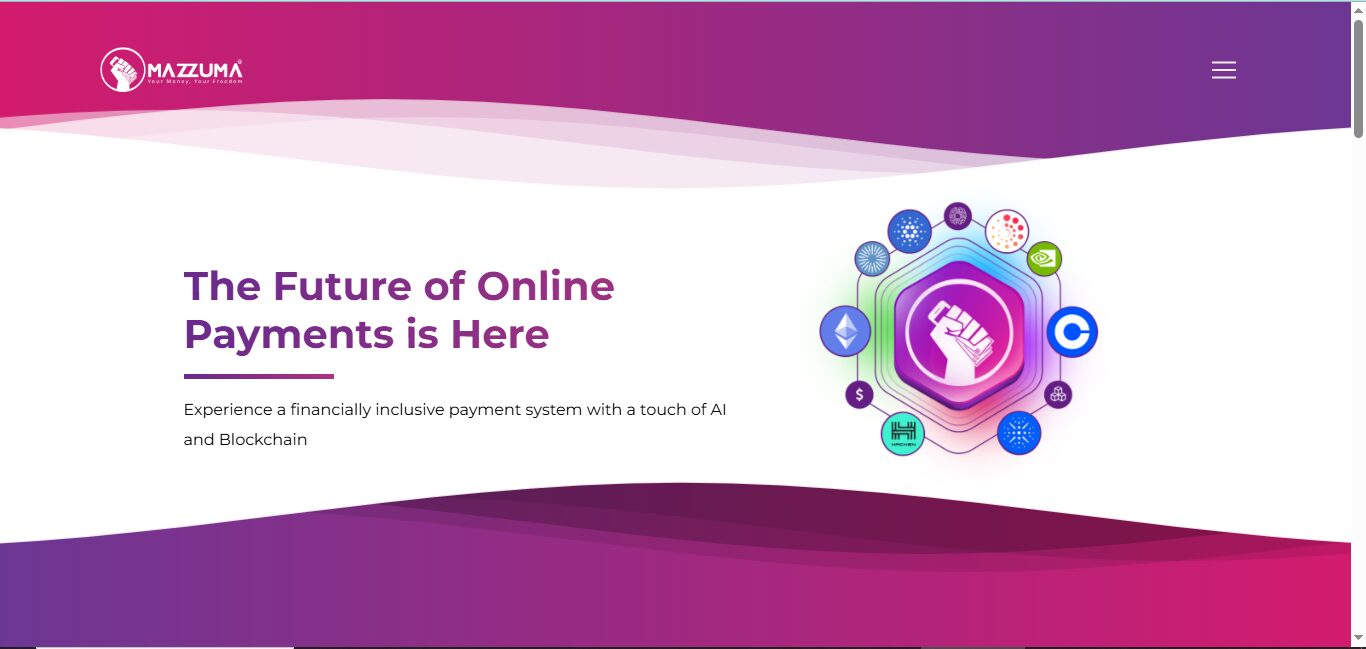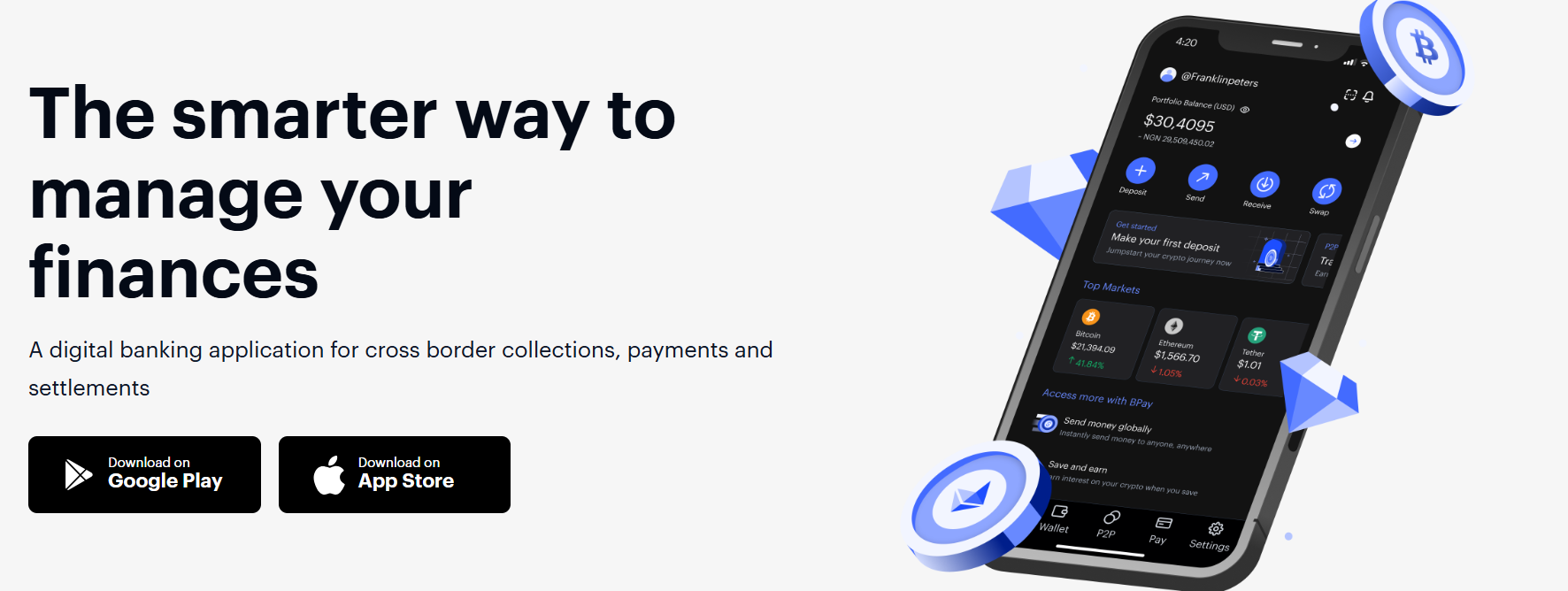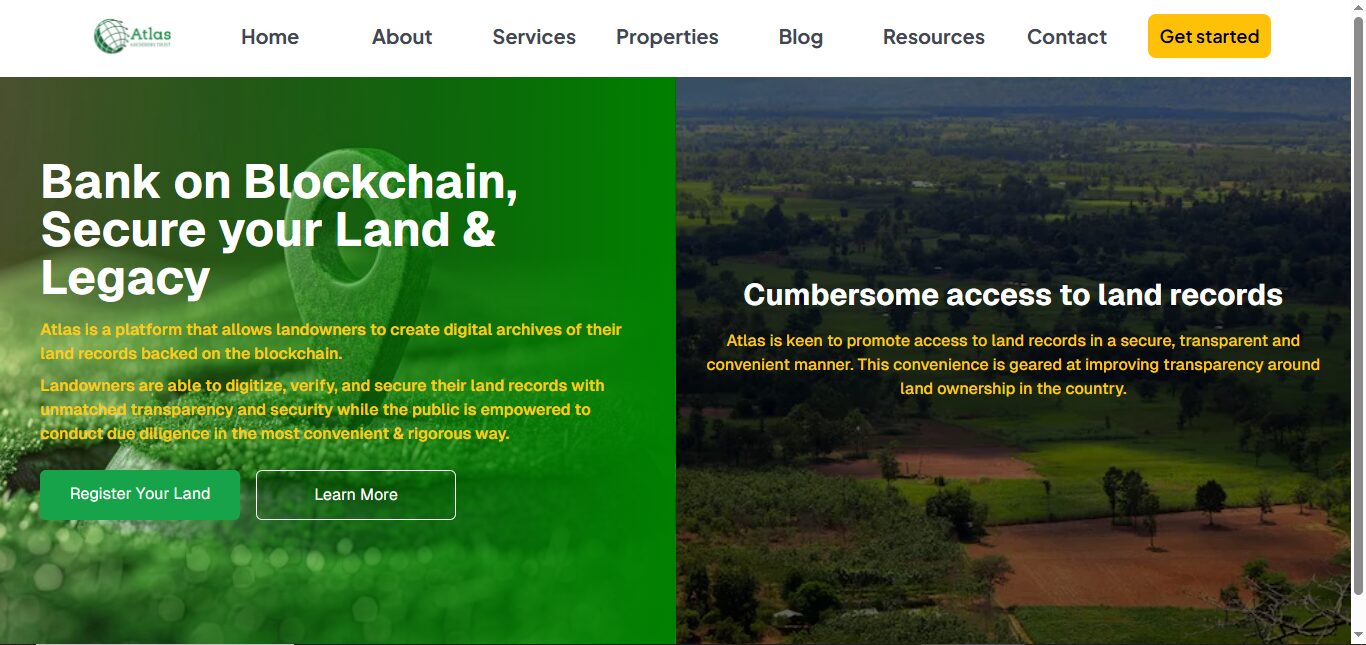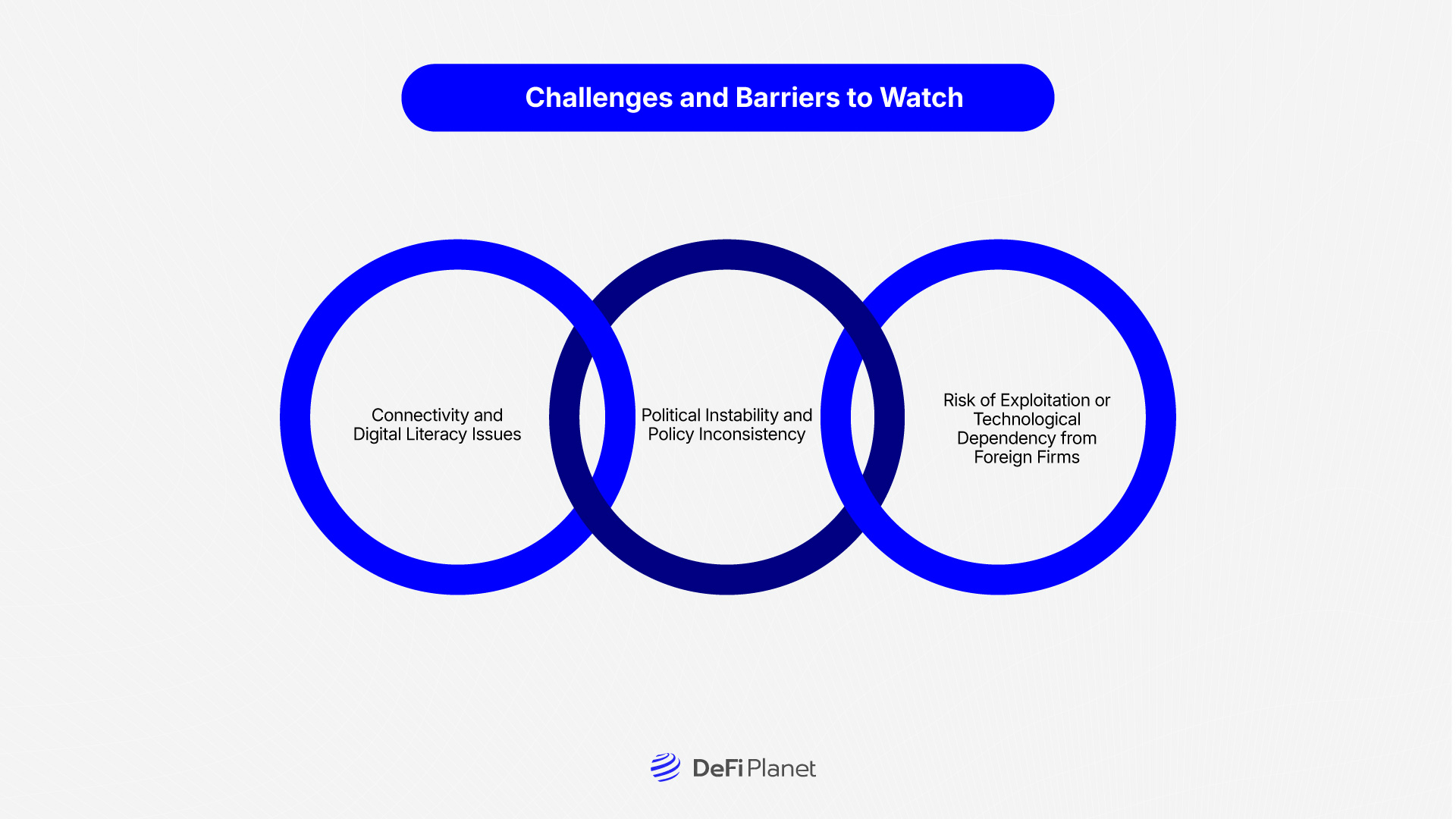Whereas regulatory discussions round cryptocurrencies proceed to dominate headlines in Western nations, a lot of the dialog stays theoretical and sometimes slow-moving. In the meantime, in Africa, blockchain know-how is making tangible strides, fueled by a novel mix of financial challenges, mobile-first populations, and a starvation for monetary inclusion.
This dynamic surroundings is fostering real-world functions that transcend hypothesis, showcasing blockchain’s means to resolve urgent issues in varied areas. As these improvements take root, Africa is more and more being considered as a proving floor for blockchain’s sensible potential.
This raises an essential query: Might Africa really be the place blockchain’s transformative energy can be totally realized, and what classes might this supply the worldwide crypto ecosystem?
Why Africa? The Distinctive Use Case Surroundings
Africa faces a number of distinct challenges that create a compelling case for blockchain adoption. Many areas have restricted entry to conventional banking infrastructure, leaving massive segments of the inhabitants unbanked or underbanked.
Forex instability and inflation in a number of nations additional undermine belief in conventional monetary programs, driving demand for various decentralized options. These challenges make Africa a pure surroundings for blockchain know-how, which gives decentralized, clear, and safe methods to deal with monetary inclusion and id verification.
Roughly 60% of Africa’s inhabitants is beneath the age of 25, and an enormous majority are tech-savvy, with many customers accessing the web primarily by cell units. This mobile-first financial system is facilitating speedy adoption of digital monetary providers and blockchain-based functions, positioning the continent as a number one hub for modern crypto use instances.
High 10 African Nations in Crypto Adoption
Africa is not merely a participant within the world blockchain narrative; it’s more and more turning into a frontrunner. Nations like Nigeria, Kenya, and South Africa are on the forefront of this transformation. For instance, Nigeria ranks second globally in crypto adoption, with residents using digital belongings for on a regular basis transactions.
Actual-World Blockchain Purposes Throughout the Continent
From monetary providers to training, modern initiatives are leveraging blockchain know-how to create inclusive and environment friendly decentralized options tailor-made to the continent’s distinctive wants.
Monetary Inclusion: Crypto Wallets Changing Conventional Banks
In Ghana, Mazzuma has developed a cell funds ecosystem that makes use of blockchain and synthetic intelligence to facilitate transactions.

Based in 2015 by Kofi Genfi and Nii Osae Dade, Mazzuma has amassed over 300,000 customers by enabling seamless funds and remittances and providing an alternative choice to conventional banking providers for the unbanked inhabitants.
In Nigeria, Breet has emerged as a number one platform providing on the spot crypto-to-naira conversion and direct withdrawals to Nigerian financial institution accounts inside 287 seconds. This service simplifies the method of changing digital belongings into native forex, making it extra accessible for customers in Nigeria. Launched in 2022, Breet’s stellar critiques supply compelling proof with over 300M+ trades and 250+ customers, selling monetary inclusion by accessible digital providers.
Cross-Border Funds: Remittances and Stablecoin Options
BoundlessPay leverages stablecoins to simplify cross-border funds, enabling customers to ship and obtain funds immediately whereas avoiding the excessive charges related to conventional remittance programs. The platform helps a number of stablecoins, facilitating seamless forex conversions and selling monetary inclusion.

In Nigeria, Globachain has launched a stablecoin fee platform geared toward enhancing cross-border transactions between Africa and Europe. Utilizing stablecoins like USDC and EURC, Globachain gives dependable, low-volatility transactions, addressing the inefficiencies of conventional fee strategies.
READ ALSO: Can Central African Republic’s Sango Crypto Hub Influence Continental Adoption
Identification and Land Registry: Decentralized ID and Property Information
Kenya’s Atlas platform supplies a blockchain-powered digital land registry, providing verifiable and tamper-proof land information. By enhancing transparency and safety in land possession, Atlas goals to strengthen property rights and scale back fraud in the actual property sector.

In Nigeria, the Central Financial institution’s introduction of the eNaira, a digital forex, represents an effort to modernize the monetary system. Though adoption has been sluggish, the eNaira goals to supply a safe and environment friendly technique of transaction, doubtlessly enhancing monetary inclusion and id verification.
Agriculture and Provide Chain: Transparency Instruments for Farmers and Cooperatives
Selina Wamucii, a Kenyan platform, connects smallholder farmers to consumers by a mobile-based system. By using blockchain know-how, Selina Wamucii ensures transparency within the provide chain, enabling farmers to entry markets and obtain honest compensation for his or her produce.

The World Wildlife Fund (WWF) helps OpenSC, a blockchain platform designed to reinforce the transparency of world provide chains. By offering detailed details about meals origins and manufacturing processes, OpenSC empowers customers to make knowledgeable decisions and promotes sustainable practices.
Schooling and Credentials: Blockchain-Primarily based Certifications and Information
Morocco’s BlockMEDC system makes use of blockchain good contracts to safe and handle digital certificates in increased training. BlockMEDC enhances the authenticity and accessibility of instructional information by automating the issuance and verification of educational credentials.
In Nigeria, AltSchool Africa gives a digital studying platform that gives blockchain-based certifications. With over 20,000 college students throughout a number of nations, AltSchool Africa goals to equip learners with verifiable credentials, facilitating employment alternatives and additional training.
These examples illustrate how blockchain know-how is being harnessed throughout Africa to deal with particular challenges, fostering innovation and selling inclusive progress.
Africa’s Blockchain Funding and Infrastructure Development
Africa’s blockchain adoption is experiencing vital progress, pushed by elevated enterprise capital funding, strategic authorities partnerships, and energetic engagement from world blockchain platforms.
Growing Enterprise Capital Curiosity in African Blockchain Tasks
Enterprise capital funding for African blockchain startups has surged, with a 429% improve in 2022, totalling $474 million. This progress outpaces the 4% world improve in blockchain funding, highlighting Africa’s burgeoning function within the sector. Notably, Seychelles and South Africa accounted for 95% of this funding, underscoring their positions as regional hubs for blockchain innovation.
To additional help this momentum, StarkWare launched a $4 million enterprise fund in 2025, concentrating on pre-seed and seed-stage blockchain startups throughout Africa. The fund gives grants as much as $150,000 and investments as much as $500,000, aiming to empower initiatives that deal with monetary inclusion and financial challenges distinctive to the continent.
Authorities Partnerships and Infrastructure Investments
Governments throughout Africa are actively collaborating with blockchain organizations to reinforce digital infrastructure. In Nigeria, the Plateau State Authorities partnered with the Algorand Basis to coach over 500 software program builders in 2023, fostering native blockchain experience.
Kenya’s Konza Technopolis, developed in partnership with South Korea, represents a big funding in creating a sensible metropolis with built-in blockchain functions.
Moreover, the World Financial institution’s Worldwide Finance Company invested $100 million in Raxio Group to construct information facilities throughout six African nations, boosting the continent’s digital infrastructure and blockchain adoption.
Engagement from International Exchanges and Protocols
International blockchain platforms are more and more participating with Africa. For instance, Binance has invested in Nigeria’s Itana mission, aiming to ascertain a digital and bodily tech hub inside the Lekki Free Zone. This initiative seeks to draw worldwide companies by providing tax breaks and regulatory freedoms.
Africa’s Blockchain Regulatory Surroundings
Africa’s regulatory surroundings for cryptocurrencies and blockchain know-how is notably various, starting from progressive frameworks to outright prohibitions. This creates a novel surroundings for innovation and experimentation within the digital asset area.
Combined Regulatory Environments: Progressive vs. Prohibitive
South Africa has embraced a structured strategy, classifying crypto belongings as monetary merchandise and issuing over 248 licenses to Crypto Asset Service Suppliers by late 2024. In the meantime, Egypt and Morocco keep strict bans, citing dangers like fraud and volatility, although underground crypto exercise continues.
How This Flexibility Fosters Experimentation
This regulatory range permits innovation to thrive in sure areas. Kenya, with no formal crypto framework, sees over 8.5% of its inhabitants proudly owning digital belongings, fueling decentralized options like blockchain-based cell cash and land registries. Nigeria stays a main crypto hub because of its tech-savvy youth and widespread peer-to-peer buying and selling.
Africa’s Alternative to Affect International Blockchain Coverage by Instance
With fashions like Mauritius, which enacted the FATF-aligned VAITOS Act, Africa is exhibiting how good coverage can entice funding whereas guaranteeing compliance. By leveraging regulatory flexibility, African nations can form world requirements whereas fixing native issues throughout finance, id, and governance.
Challenges and Obstacles to Watch
Africa’s blockchain ecosystem holds immense potential, but it faces vital challenges that might impede its progress and equitable improvement.

Connectivity and Digital Literacy Points
Regardless of progress in cell protection, solely 25% of adults in sub-Saharan Africa have entry to cell web, hindered by excessive prices and low literacy. Digital literacy stays a big hurdle. In Nigeria, for instance, 78% of youth lack digital literacy expertise, and fewer than half of academics possess primary ICT competencies. This hole limits the efficient use of blockchain applied sciences and hampers participation within the digital financial system.
Political Instability and Coverage Inconsistency
Political instability and inconsistent insurance policies pose challenges to blockchain adoption. In 2024, Africa skilled a report variety of web shutdowns, with 21 incidents throughout 15 nations, typically in response to conflicts or protests. Such actions disrupt digital providers and erode belief in digital infrastructure.
As well as, coverage frameworks typically lag behind technological developments. Many African governments lack digital insurance policies that prioritize expertise improvement and infrastructure funding, resulting in an surroundings that may impede digital entry and innovation.
Threat of Exploitation or Technological Dependency from International Corporations
Africa’s reliance on overseas know-how suppliers raises issues about exploitation and technological dependency. As an example, the African Union headquarters, constructed by a Chinese language agency, was discovered to have been topic to cyber espionage, with delicate information being transmitted to Shanghai over a number of years.
This dependency extends to digital infrastructure, the place overseas firms typically management essential programs. Such management can result in “digital colonialism,” the place information is extracted with out clear consent, and native wants are overshadowed by overseas pursuits.
Remaining Ideas
Kenya’s integration of blockchain in cell funds and South Africa’s proactive regulatory frameworks exemplify the continent’s dedication to utilizing blockchain for financial empowerment and monetary inclusion. This challenges the standard view that technological breakthroughs originate solely from established tech hubs like Silicon Valley.
Because the continent continues to develop and implement blockchain decentralized options tailor-made to its particular wants, it not solely addresses native points but in addition units precedents that might affect world blockchain methods. On this mild, Sub-Saharan Africa might be the birthplace of blockchain’s most impactful real-world functions, redefining the way forward for the know-how on a world scale.
Disclaimer: This text is meant solely for informational functions and shouldn’t be thought of buying and selling or funding recommendation. Nothing herein ought to be construed as monetary, authorized, or tax recommendation. Buying and selling or investing in cryptocurrencies carries a substantial danger of economic loss. All the time conduct due diligence.
If you want to learn extra articles like this, go to DeFi Planet and observe us on Twitter, LinkedIn, Fb, Instagram, and CoinMarketCap Neighborhood.
Take management of your crypto portfolio with MARKETS PRO, DeFi Planet’s suite of analytics instruments.”


